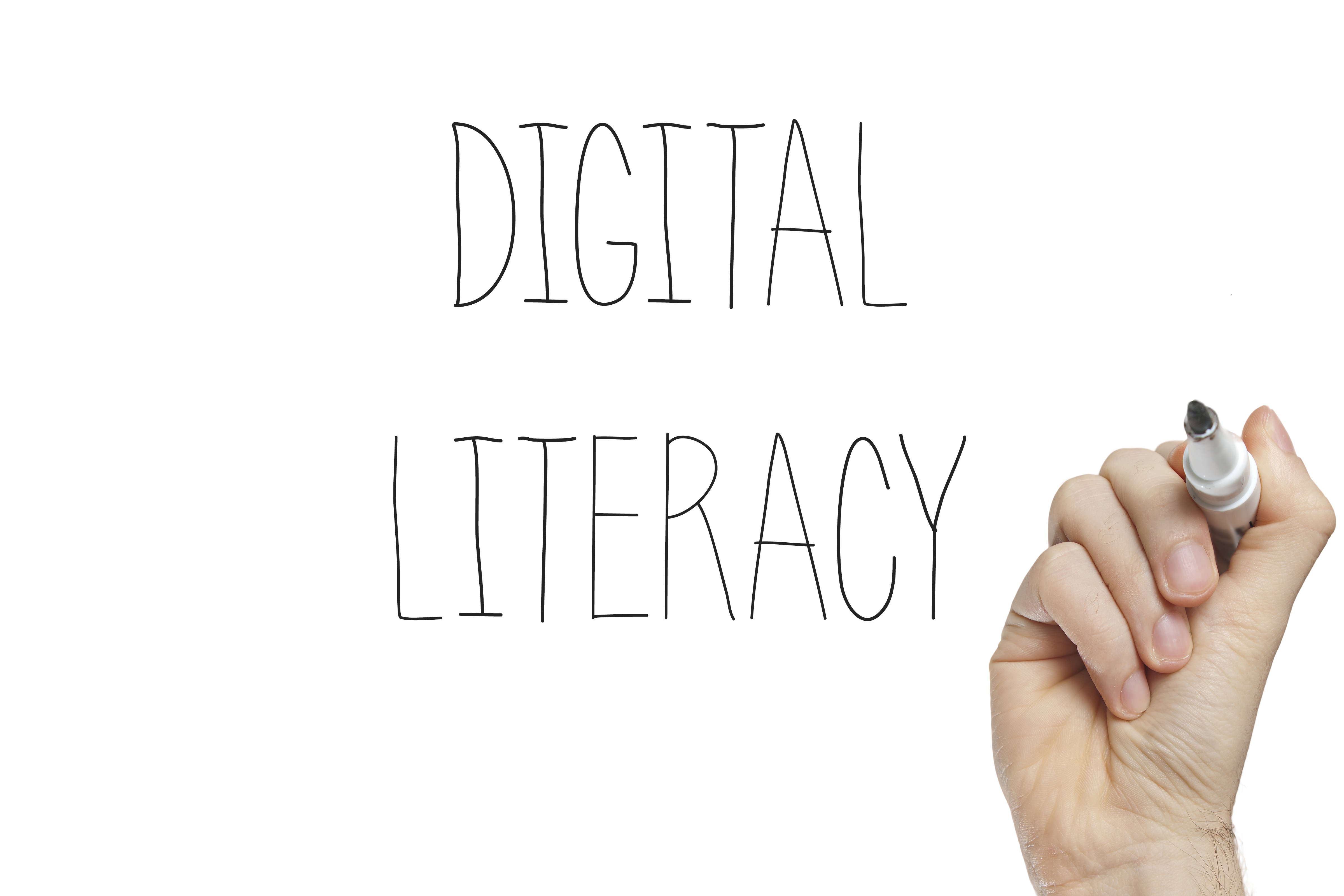In the rapidly evolving landscape of the digital age, where information flows seamlessly through the veins of the internet, digital literacy has emerged as a critical skill set for individuals and societies alike. The ability to navigate, comprehend, and critically evaluate digital content is paramount in a world where technology permeates every facet of our daily lives. In this exploration, we delve into the imperative of improving digital literacy and how it plays a pivotal role in shaping informed, empowered individuals in the 21st century.

1. Defining Digital Literacy:
Digital literacy extends beyond the basic ability to use digital devices; it encompasses a broader set of skills that enable individuals to engage with digital information critically and responsibly. This includes the ability to evaluate the credibility of online sources, discern between reliable and unreliable information, and navigate digital platforms effectively. In a world inundated with information, digital literacy is the compass that guides individuals through the vast sea of data, enabling them to make informed decisions.
2. Navigating the Digital Landscape:
The internet serves as a treasure trove of information, but it also presents a myriad of challenges, including misinformation, cyber threats, and digital fraud. Improving digital literacy equips individuals with the tools to navigate this digital landscape with confidence and discernment. Recognizing phishing attempts, understanding online security measures, and practicing responsible digital citizenship are vital components of digital literacy that foster a safer online experience.
3. Combatting Misinformation:
The rise of misinformation and fake news in the digital realm poses a significant threat to public discourse and decision-making. Improving digital literacy involves cultivating a healthy skepticism and a questioning mindset. Individuals should be adept at fact-checking, verifying sources, and critically analyzing the information they encounter online. By honing these skills, individuals become less susceptible to the pitfalls of misinformation, contributing to a more informed and resilient society.
4. Bridging the Digital Divide:
Access to technology is a key factor in digital literacy, and addressing the digital divide is crucial for creating an inclusive society. Improving digital literacy involves not only providing access to digital tools but also offering training and support to ensure individuals can harness the full potential of technology. Bridging the digital divide ensures that all members of society, regardless of socio-economic background, have the opportunity to develop essential digital skills.
5. Fostering Lifelong Learning:
The digital landscape is dynamic, with technology evolving at a rapid pace. Improving digital literacy is not a one-time endeavor but a lifelong commitment to learning and adapting. Individuals must embrace a mindset of continuous learning, staying updated on the latest technologies, online trends, and digital best practices. Lifelong learning in the digital realm empowers individuals to navigate new technologies with confidence and agility.
6. Enhancing Educational Curricula:
Formal education plays a pivotal role in shaping digital literacy from an early age. Integrating digital literacy into educational curricula ensures that young learners develop the necessary skills to thrive in a digital society. This includes teaching critical thinking skills, ethical digital behavior, and responsible use of technology. By fostering digital literacy in schools, educators contribute to the development of a generation that is well-equipped to engage with the challenges and opportunities of the digital age.
7. Encouraging Responsible Digital Citizenship:
Improving digital literacy goes hand in hand with cultivating responsible digital citizenship. Individuals should understand the ethical implications of their digital actions, including online behavior, data privacy, and the consequences of sharing misinformation. Responsible digital citizenship fosters a sense of accountability and promotes a positive online culture that respects diversity of opinions and values.
Challenges and Considerations:
While the importance of improving digital literacy is evident, challenges exist in implementing widespread initiatives. These challenges include the need for standardized digital literacy frameworks, addressing varying levels of access to technology, and ensuring that digital literacy education is inclusive and culturally relevant.
Real-world Impact:
Digital literacy has tangible real-world impacts, influencing everything from civic engagement to professional success. In the workplace, individuals with strong digital literacy skills are better positioned to adapt to changing job requirements, leverage digital tools for productivity, and contribute to a culture of innovation. In civic life, digitally literate citizens are more likely to participate in informed decision-making, critically evaluate political information, and engage meaningfully in democratic processes.
The Future of Digital Literacy:
As we look to the future, the role of digital literacy will only become more prominent. Emerging technologies such as artificial intelligence, augmented reality, and the Internet of Things will further integrate into our daily lives, requiring individuals to navigate increasingly complex digital environments. Improving digital literacy will be instrumental in preparing individuals to harness the benefits of these technologies while mitigating potential risks.
In Conclusion:
Improving digital literacy is not merely a skill set; it is a cornerstone for building a resilient, informed, and empowered society. In a world where digital technologies are omnipresent, digital literacy serves as the compass that guides individuals through the complexities of the digital landscape. By fostering critical thinking, responsible behavior, and continuous learning, we pave the way for a future where individuals are not just consumers of digital information but active participants, contributing to a society that thrives in the digital age.

Pips Houghton
Content Executive, GovNet Tech Events Portfolio.



-Apr-25-2024-09-43-35-5584-AM.png?width=80&height=80&name=Untitled%20design%20(77)-Apr-25-2024-09-43-35-5584-AM.png)
